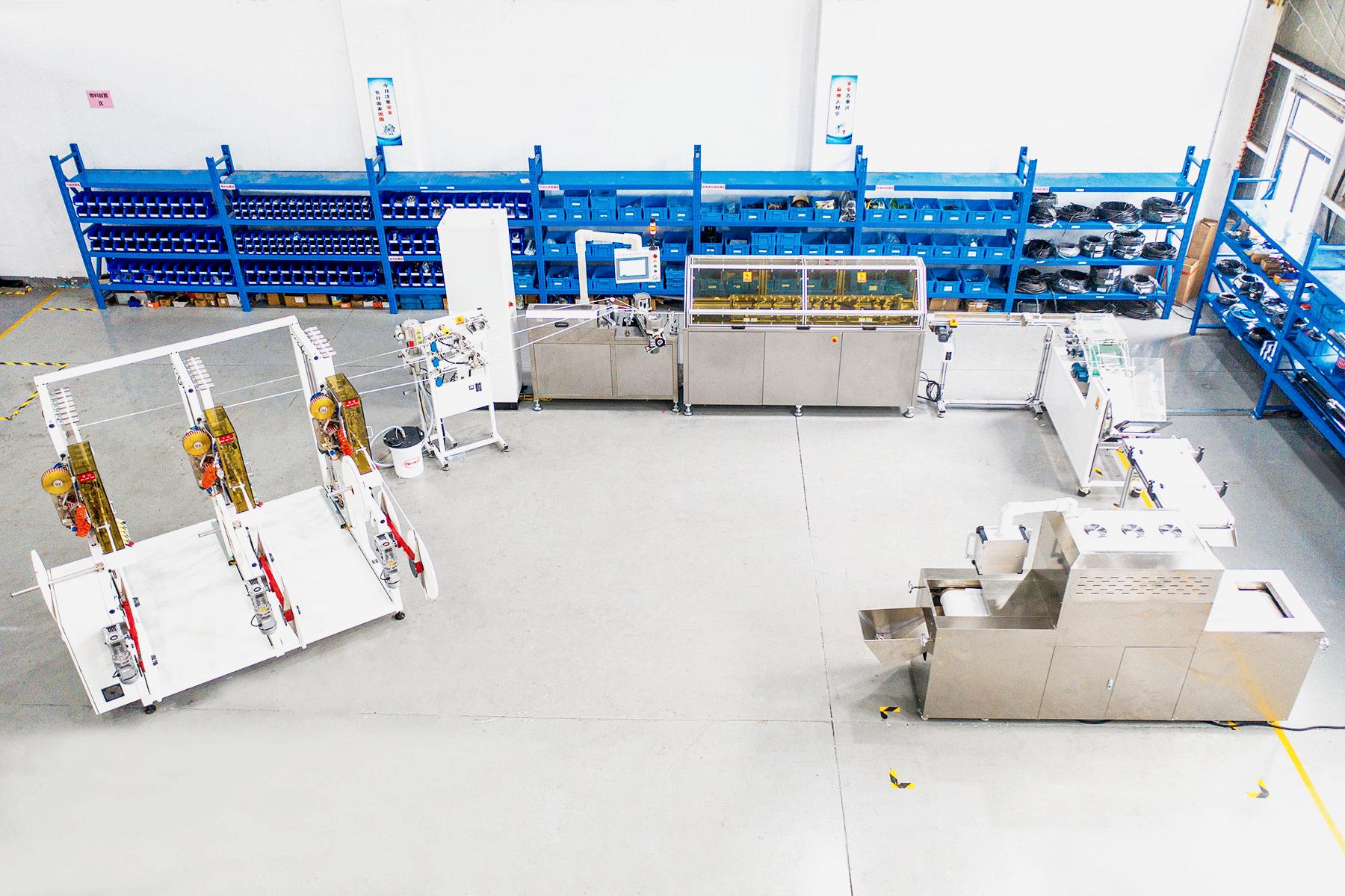While São Paulo, Brazil’s largest city, debates whether it should ban plastic straws in commercial properties, the effects of the measure in other cities are already being felt, rekindling the debate on whether imposing a ban is actually effective.
There’s no doubt plastic pollution is a serious issue in coastal cities around the world. The World Economic Forum estimates that global plastic production has risen from 1.5 million tons in 1950 to 322 million tons in 2015—and it is expected to almost quadruple by 2050.
The problem is that not only do we produce too much plastic, we also fail to dispose of it properly. The report shows that 32 percent of plastic packaging produced annually ends up in the sea. In practical terms, it is the equivalent of pouring one garbage truck of plastic into the ocean every minute





